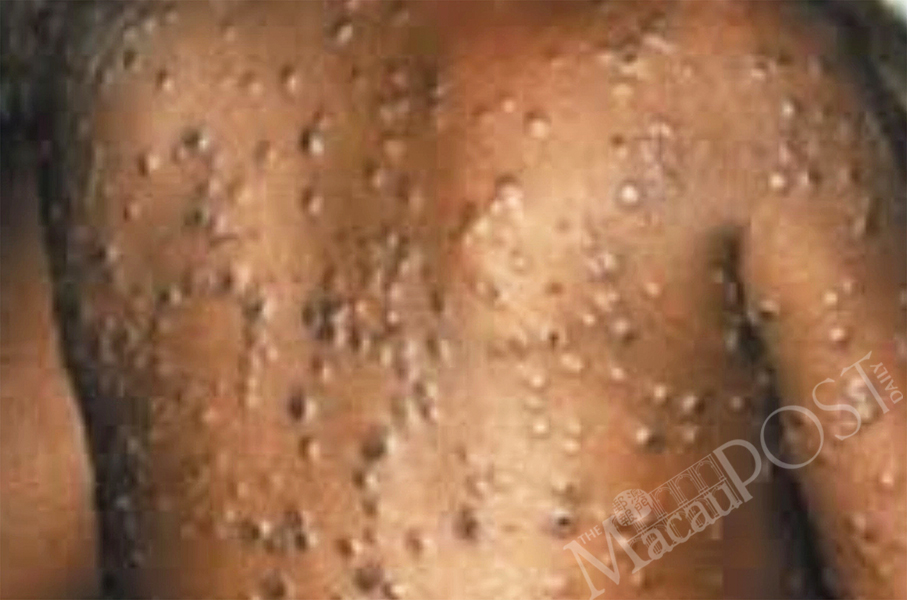The local Health Bureau (SSM) said in a weekend statement that any suspected case of monkeypox – an infectious disease caused by a virus that has started to spread globally – must be reported to the authorities by local doctors.
According to Saturday’s statement, doctors and medical institutions suspecting such a case must report it to the Health Bureau without delay so that the patient can be isolated and treated in a timely manner.
The bureau also urged anyone showing symptoms of monkeypox to seek medical attention and to avoid sexual activities and close contact with others.
According to Wikipedia, symptoms begin with fever, headache, muscle pains, swollen lymph nodes, and feeling tired. This is followed by a rash that forms blisters and crusts.
The SSM statement said that in order to prevent monkeypox, people should avoid contact with monkeys, rodents and other animals from Central and West Africa.
The bureau urged people to pay close attention to the world’s latest health menace and urged both medical staff and the general public to stay vigilant.
Meanwhile, the World Health Organisation (WHO) in Geneva issued an alert on Saturday about a “multi-country monkeypox outbreak in non-endemic countries.”
The alert said that since May 13 a number of cases of monkeypox have been reported to the WHO from 12 Member States that are not endemic for the monkeypox virus, across three WHO regions. “Epidemiological investigations are ongoing, however, reported cases thus far have no established travel links to endemic areas.
“Based on currently available information, cases have mainly but not exclusively been identified amongst men who have sex with men (MSM) seeking care in primary care and sexual health clinics,” the statement said, adding that “the objective of this Disease Outbreak News is to raise awareness, inform readiness and response efforts, and provide technical guidance for immediate recommended actions.”
According to the alert, “the situation is evolving and the WHO expects there will be more cases of monkeypox identified as surveillance expands in non-endemic countries. Immediate actions focus on informing those who may be most at risk for monkeypox infection with accurate information, in order to stop further spread. Current available evidence suggests that those who are most at risk are those who have had close physical contact with someone with monkeypox, while they are symptomatic.”
The disease is reportedly endemic in Central and West Africa.
The WHO added that it was also working to provide guidance to protect frontline health care providers and other health workers who may be at risk such as cleaners. It said would be providing more technical recommendations in the coming days.
As of Saturday, the number of confirmed monkeypox cases stood at 92 in 12 countries including the US, UK, Portugal, Germany, and the Netherlands.
According to Wikipedia, symptoms of the disease include fever, muscle aches, swollen lymph nodes, chills, exhaustion and a chickenpox-like rash on the hands and face.
The virus can be transmitted through contact with skin lesions or droplets from a contaminated person, as well as through shared items such as bedding or towels.
Monkeypox usually clears up after two to four weeks, according to the WHO.
The smallpox vaccine reportedly can prevent infection with 85 percent effectiveness.
Reports of the risk of death, if untreated, are reported to be as high as up to 11 percent in the Congo Basin. The disease can be permanently disfiguring, according newswire reports.

Undated file photo of a person infected with monkeypox – Photo courtesy of News Room Post





